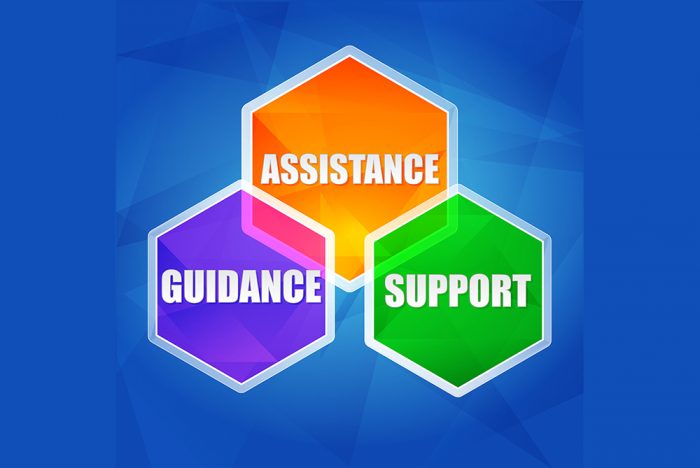RCPA and the National Council for Mental Wellbeing have worked together to resolve the recent concern with Medicare enrollment rejections for Marriage and Family Therapists as well as Mental Health Counselors. There have been many cases where the applications were rejected because applications did not include documentation or verification of the required 3,000 hours of supervision or the 2 years’ experience. RCPA met with the Centers for Medicare and Medicaid Services (CMS) on several occasions, outlining that the applications that meet the Medicare enrollment criteria have met this standard as part of the PA State License.
Initially, CMS cited that it was a requirement to provide the documentation. After communicating with CMS leadership, however, CMS responded that RCPA was correct and clarified that if a provider is licensed and the hours are a requirement for the licensure, said provider does not require the verification.
If your agency has received a rejected application, please contact RCPA Policy Director Jim Sharp, who will connect your agency to the proper department that will address the denial.
SUD Addiction Counselors Eligible for Medicare Enrollment
There have been several members who have attempted to enroll their SUD counselors who have met the enrollment qualification being told by CMS that the enrollment does not include these SUD professionals.
RCPA has confirmed with CMS leadership that if the provider is licensed as an addiction counselor or alcohol and drug counselor (ADC) by the state in which the services are performed, they can also enroll as an MHC as long as all other requirements are met.
MHCs are defined as individuals who:
- Possess a master’s or doctor’s degree, which qualifies for licensure or certification as an MHC, clinical professional counselor, or professional counselor under the state law of the state in which such individual furnishes the services defined as mental health counselor services;
- After obtaining such a degree, have performed at least 2 years or 3,000 hours of post-master’s degree clinical supervised experience in mental health counseling in an appropriate setting, such as a hospital, SNF, private practice, or clinic; and
- Is licensed or certified as an MHC, clinical professional counselor, professional counselor, addiction counselor, or alcohol and drug counselor (ADC) by the state in which the services are performed.
RCPA is recommending that this language accompany any future enrollment applications to CMS for SUD Addictions Counselors enrollment documentation.















